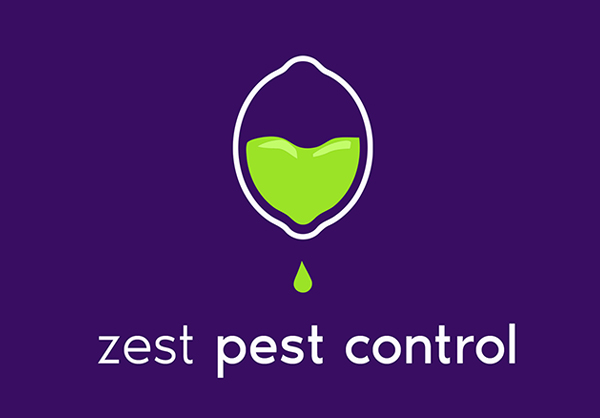Using squirrel poison is generally not considered a good idea, primarily due to ethical, environmental, and practical reasons.
While it may seem like a convenient solution to address squirrel infestations or nuisances, there are significant drawbacks and potential consequences to using such substances.
What are the reasons to reconsider using poison for squirrel control?
1. Ethical Concerns
Poisoning animals can be inhumane and cause unnecessary suffering. Squirrels are living creatures that play a role in the ecosystem, and intentionally causing harm to them conflicts with principles of compassion and respect for all forms of life.
So, exploring alternative methods of dealing with squirrel problems that prioritize their welfare is essential.
2. The Environment
When squirrels ingest poison, there is a risk that they may not die immediately, leading to the possibility of them suffering for an extended period.
Additionally, poisoned squirrels can become prey for other wildlife, resulting in secondary poisonings in species such as raptors or carnivorous mammals, further disrupting the ecological balance.
The use of poison can also harm non-target animals and even pets if they accidentally ingest or come into contact with the poisoned bait.
3. Legal and Regulatory Consequences
Many jurisdictions have laws and regulations governing the use of toxic substances for pest control.
Using poison without proper permits or violating these laws can result in fines, penalties, and legal troubles.
4. Poison Doesn’t Solve The Root Cause Of An Infestation
Squirrels are adaptable creatures, and killing a few individuals may not solve the underlying problem.
If a food source or shelter attracts them to a specific area, others will likely replace those removed.
Instead, addressing the root cause of the issue is often more practical, such as securing garbage cans, sealing entry points to buildings, or using humane deterrents to encourage squirrels to leave on their own.
5. Risk of Accidental Exposure To Poison For Humans
Children, pets, and even adults may come into contact with the toxic substances, leading to unintentional poisoning. This poses a severe health hazard and underscores the importance of considering safer alternatives.
In summary, exploring humane and environmentally friendly methods for managing squirrel issues, such as exclusion, deterrents, and habitat modification, is advisable.
These approaches are more sustainable and align with responsible wildlife management and conservation principles.

